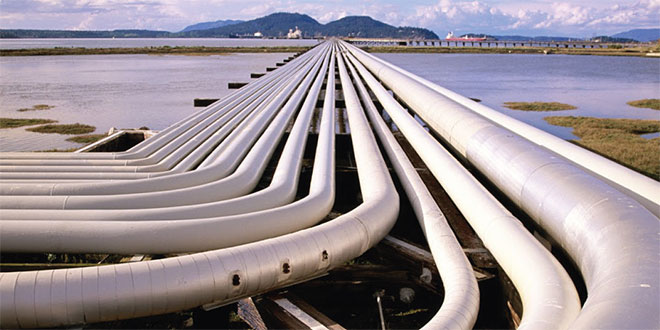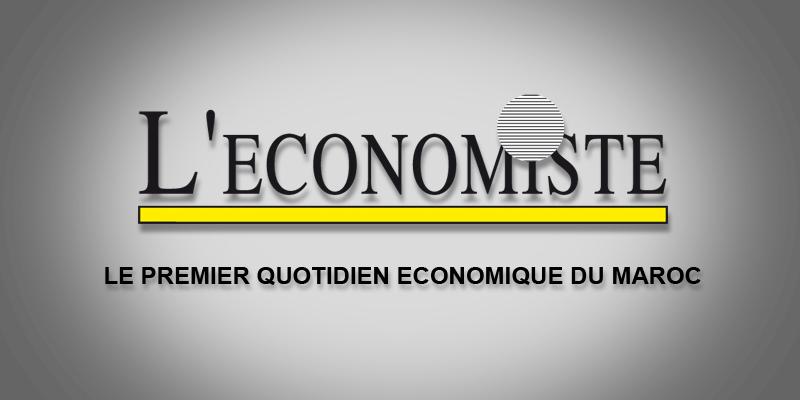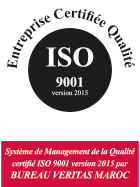The Nigeria-Morocco pipeline project is making great strides. By 2025, the Office National des Hydrocarbures et des Mines (National Hydrocarbons and Mining Office) (Onhym) expects the project, now renamed the Africa-Atlantic Pipeline, to gather pace, notably through the launch of the project company (SPV), which will be responsible for construction, operation and maintenance.

IIt will also be a question of signing the gas transport agreements for the first phase of the project with partners Nigeria, Senegal and Mauritania. In the same vein, it is imperative to set up a senior project authority and to
begin the process of validating the Intergovernmental Agreement (IGA). Added to this is the financial structuring of the project in collaboration with partners and the finalization of field mapping, as well as environmental and social assessments. Also on the agenda is the launch of calls for tender next year for the construction of the first phases of the pipeline.
For its promoters, the Atlantic gas pipeline project is part of the gradual development of the national gas network to meet the country’s natural gas needs. This project represents the onshore portion of the Nigeria-Morocco African Atlantic gas pipeline. It will link the city of Dakhla to the Maghreb-Europe gas pipeline to the north, particularly in the Ouezzane region, according to Onhym’s action plan for 2025.
Field mapping studies and environmental assessments
In the meantime, it should be noted that 2024 was marked by a number of achievements, including the completion of detailed engineering studies for the project last March and the holding of a meeting of the project’s technical committees and management commission. This was attended by representatives of the national oil companies of the countries crossed by the pipeline, and of ECOWAS in Rabat last July. These meetings provided an opportunity to monitor the project on a strategic and operational level, as well as to prepare the next stages, while strengthening coordination between the stakeholders. An opportunity to finalize negotiations on the intergovernmental agreement, with a view to its approval by the Heads of State before the end of this year. During this period, significant progress was made on the land mapping studies and environmental and social assessments for the northern part of the project (Senegal-Morocco).
Mohamed CHAOUI

























